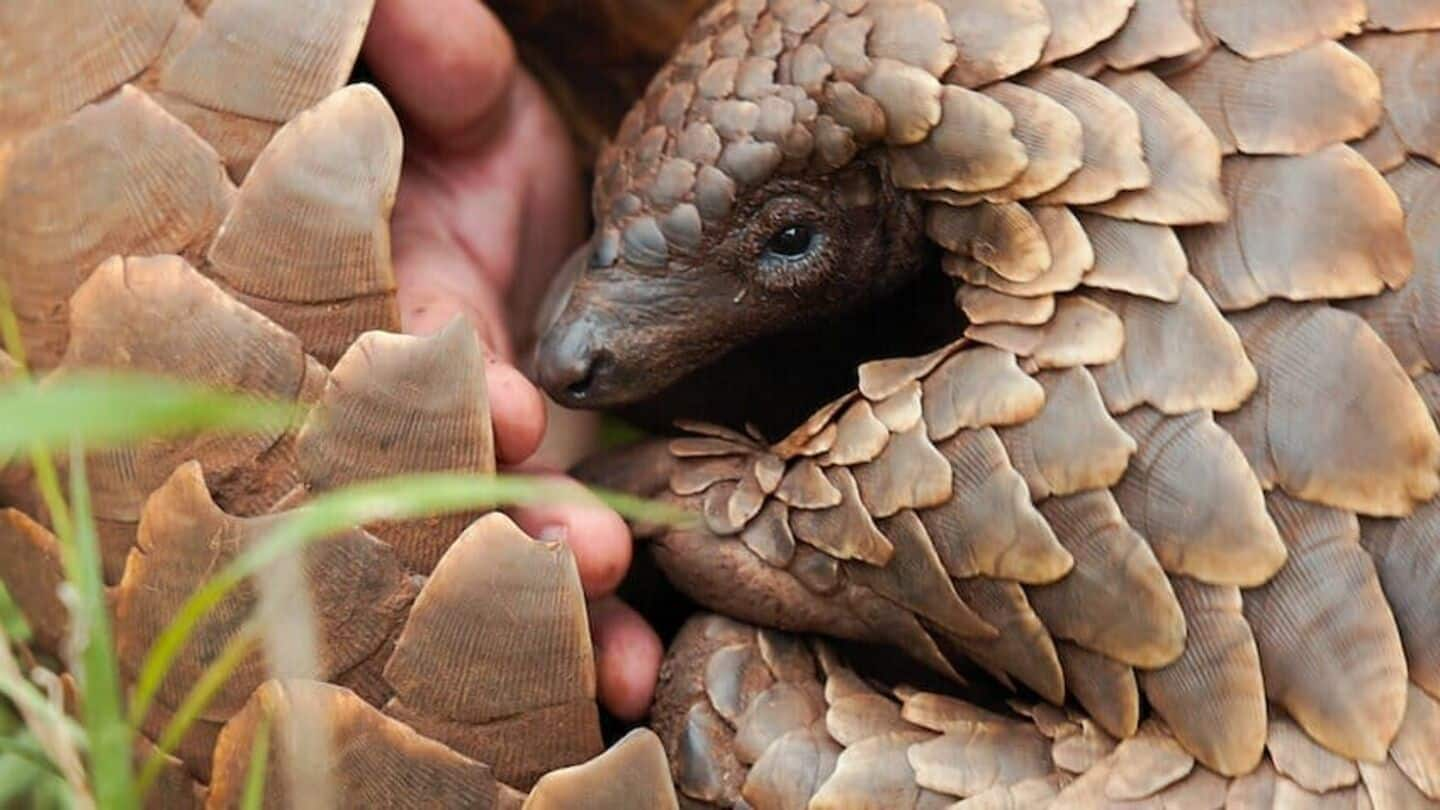
Oscar-winning director uncovers hidden world of pangolins in Netflix documentary
What's the story
Netflix's latest documentary, Pangolin: Kulu's Journey, from Oscar-winning filmmaker Pippa Ehrlich, delves into the secret lives of pangolins.
Pangolins are the world's only scaly mammals and one of the most trafficked species across the world.
The 90-minute film tells the story of Kulu, a three-month-old ground pangolin rescued from the illegal wildlife trade, and his slow return to the wild in South Africa.
"Kulu's got an incredible personality, he's very much his own pangolin," Ehrlich told CNN.
Rehabilitation
'Incredibly intensive process' to rehabilitate rescued pangolins
Ehrlich emphasized the "incredibly intensive process" of rehabilitating rescued pangolins.
As they refuse to eat in captivity, they need daily six-hour-long walks to feed on ants and termites.
The walks also allow the pangolins to get used to their new habitat and heal from the trauma of captivity.
The documentary accompanies Gareth Thomas, a conservation volunteer vital in Kulu's rescue and rehabilitation, into the wild savanna of Lapalala Wilderness Reserve.
Charm
'Kulu's Journey' showcases the unique charm of pangolins
Ehrlich hopes to highlight the unique charm of pangolins in the documentary, saying, "They've got a magical quality; they are a mammal but they're covered in scales."
"You just don't want pangolins to be seen only as the world's most trafficked mammal. You want them to be seen as these joyful, unique, special little creatures."
The documentary, now streaming, reveals that Thomas kept a nickname for Kulu during their six-month stay in the savanna.
Conservation
Pangolin are trafficked for their scales, meat, body parts
Pangolins are mostly threatened by poaching for the $20 billion illegal wildlife trade, where their scales, meat, and body parts are sold for traditional medicine.
Ray Jansen, co-founder of the African Pangolin Working Group, who appears in the documentary, has rescued 301 live pangolins, including Kulu, between 2016 and 2024.
Alongside poaching, electric fences in game reserves are now "responsible for a large majority of Temminck's pangolin deaths" in South Africa.